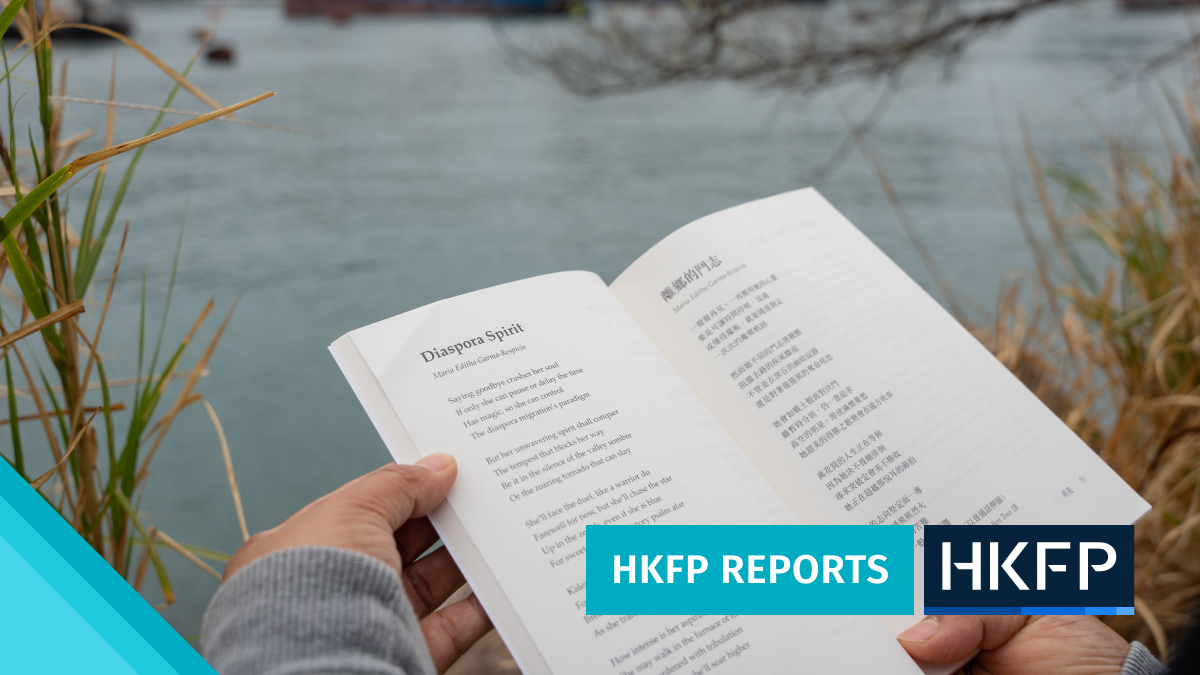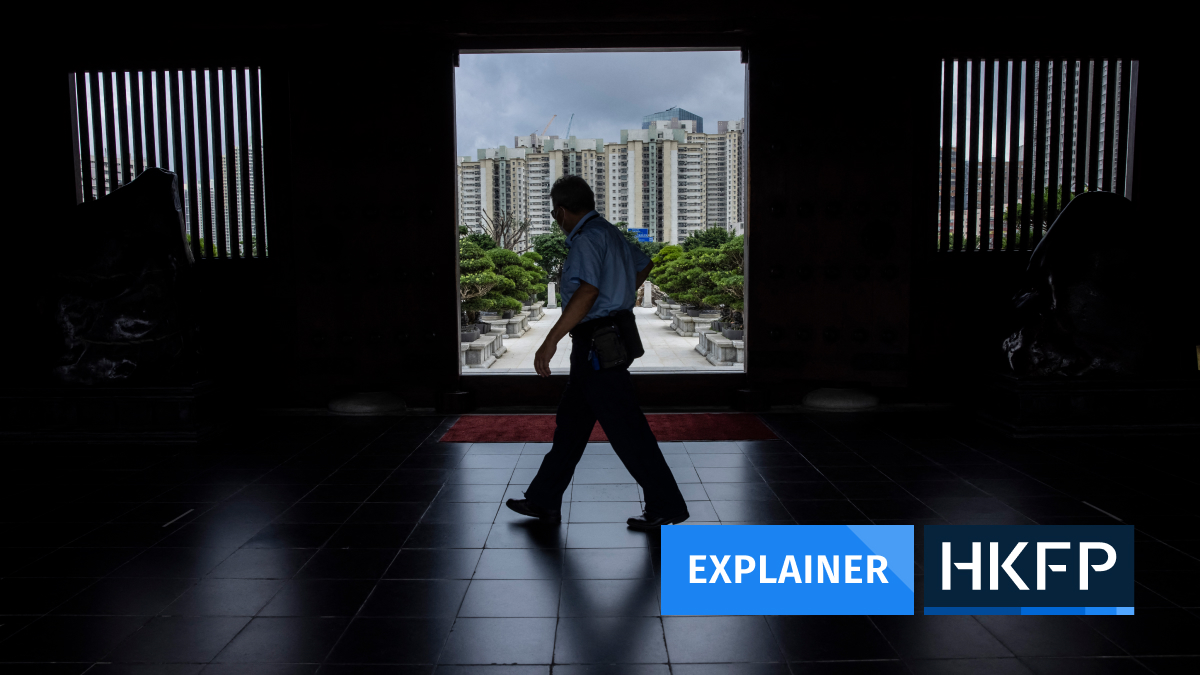Hong Kong-based travel firm Klook is continuing to promote attractions that feature wild animals for performances or force them to interact with tourists despite a new animal welfare policy enacted last month, HKFP has found.

A search on Klook on Monday found activities including dolphin shows, tiger encounters, elephant bathing and other attractions around the world that animal rights activists have long condemned as exploitative.
In an emailed response to HKFP, Klook defended its offerings and said it was committed to helping “build a responsible tourism community and improve the lives of animals in the travel industry.”
“Our approach is to continually work with operators to encourage long-term and sustainable change, which not only takes into consideration animal welfare but also communities who are directly impacted by the industry,” a Klook spokesperson said.
“One example is elephant tourism in Thailand which comes with a cultural and religious heritage, and involves local communities and their livelihoods,” the statement added.

Earlier this year, the travel company vowed to end ticketing for some animal attractions. Under its new policy, situations where wild animals were sedated or baited, as well as circuses, shows and performances during which animals were forced to perform unnatural behaviour, are also banned.
Klook said the policy would be enacted on October 31.
According to international NGO World Animal Protection, the tourism industry plays a significant role in the continuation of captive wildlife entertainment by boasting close interactions with animals, wild animal performances and other attractions.
“Travel agencies, associations, tour operators and booking platforms promoting and selling wildlife entertainment venues lead tourists to assume such activities are acceptable, or even beneficial for wild animals, when in fact they are inhumane and cause lifelong harm to wildlife,” the NGO wrote in a February report.
‘Failing wildlife’
Klook’s updated policy came amid pressure from animal welfare NGO the People for the Ethical Treatment of Animals (PETA), which in October shared a video that appeared to show horse and camel carcasses outside a tourist site in Egypt.
While camel-riding activities in Egypt are listed as “currently unavailable” on Klook’s website, the company continues to offer camel rides in places including Dubai, Marrakesh in Morocco, and Cappadocia in Turkey.
When asked for comment last week, PETA withheld criticism for Klook.
“PETA is applauding Klook for introducing a new animal welfare policy, and we commend the travel operator for agreeing not to promote or sell tickets for exploitative animal rides at Egypt’s pyramids following communications with PETA earlier this year,” a statement from PETA read.
“We continue to work with Klook to improve its policy, and we are actively engaging with travel agencies around the world to discourage their support of any form of abuse in the tourism industry,” the company said, adding that people should leave animals out of their travel plans.
It did not respond to specific questions on Klook’s continued offering of activities that may fall foul of its new policy.

Earlier this year, World Animal Protection called Klook one of the companies that were “severely failing wildlife” but commended it when it updated its animal welfare policy.
Other travel companies also named as “severely failing wildlife” by the NGO included operators Get Your Guide, Traveloka, Trip.com and TUI Musement.
In response to HKFP, a campaign manager at the NGO, Caterina Scuderi, said Klook’s policy was “welcome news” but did not respond directly to the fact that the company was continuing to offer activities that have been criticised by animal rights activists.
“We will continue to encourage the company to truly become wildlife-friendly by removing all cruel wildlife attractions and close encounters with wild animals from their platform, including elephant bathing and feeding,” Scuderi said.
“Wild animals are sentient beings, and it is time to end holidays that harm them for commercial profits. Every year, thousands of wild animals are brutally ripped from their mothers or bred in captivity to perform unnatural and demeaning activities for tourist entertainment.”
Support HKFP | Policies & Ethics | Error/typo? | Contact Us | Newsletter | Transparency & Annual Report | Apps
Help safeguard press freedom & keep HKFP free for all readers by supporting our team

Original reporting on HKFP is backed by our monthly contributors.
Almost 1,000 HKFP Patrons made this coverage possible. Each contributes an average of HK$200/month to support our award-winning original reporting, keeping the city’s only independent English-language outlet free-to-access for all. Three reasons to join us:
- 🔎 Transparent & efficient: As a non-profit, we are externally audited each year, publishing our income/outgoings annually, as the city’s most transparent news outlet.
- 🔒 Accurate & accountable: Our reporting is governed by a strict Ethics Code. We are 100% independent, and not answerable to any tycoon, mainland owners or shareholders. Check out our latest Annual Report, and help support press freedom.
- 💰 It’s fast, secure & easy: We accept most payment methods – cancel anytime, and receive a free tote bag and pen if you contribute HK$150/month or more.
MORE Original Reporting
HKFP has an impartial stance, transparent funding, and balanced coverage guided by an Ethics Code and Corrections Policy.
Support press freedom & help us surpass 1,000 monthly Patrons: 100% independent, governed by an ethics code & not-for-profit.









